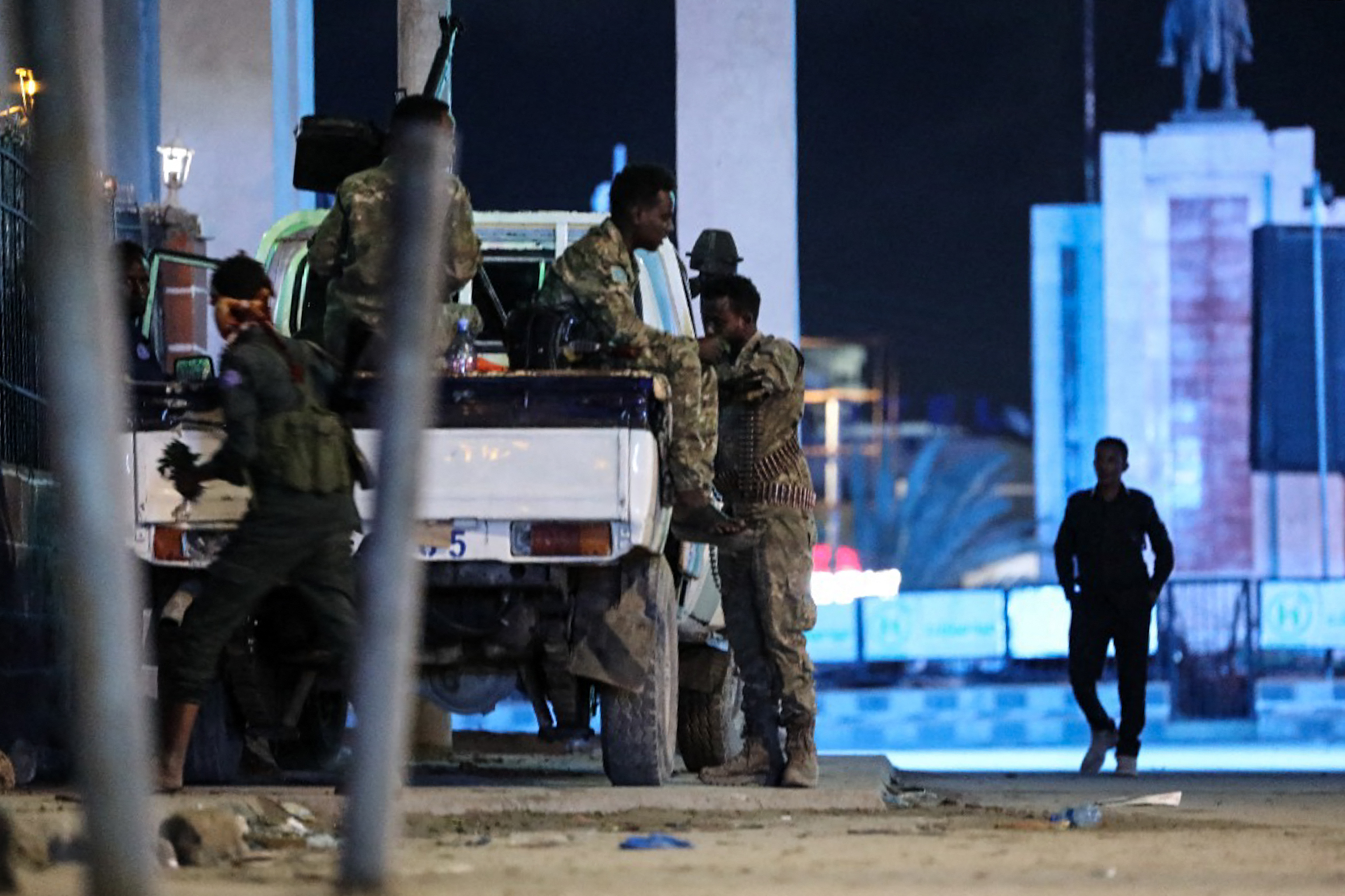Prime
About the deepest wound of a war

Author: Simon J. Mone. PHOTO/COURTESY
What you need to know:
Let us quickly transition from relief aid to long-term assistance. The impact of the wars cannot heal by simply offering emergency aid
The war situation in the Democratic Republic of Congo is a clear reminder of conflicts happening to communities in many parts of our world today. The rate of lawlessness in these places reflect the suffering of especially the vulnerable people.
Chaos in most parts of the world today means there is no single community that lives without pain. What was peaceful coexistence in the days of old is no more these days. As we see in the injustices happening to people – rape, looting, disappearances with impunity; and displacements from God-given homes. The sounds of bombs thrown over communities has become usual happenings. The push-back of vulnerable people that continue to look for peace, security and economic opportunities is becoming rampant these days. This has caused the exponential increase in the number of humanitarian events in countries that are producing immigrants. Thus, their displacements in millions.
There are destruction of community homesteads. And the destruction of social services, reducing the gains that communities have made for some time. So, local people will continue to run away from their homes. Villagers are continuously waking up to new attacks on their people. That is a major reason the number of people crossing to neighbouring countries continues to rise. Millions of people also continue to move upwards towards Europe, where they think they can be safe and secure. While they arrive at their new homes away from home, they expect the conditions to be better, but are always shocked by the mistreatments and push-backs organised by host communities.
Meanwhile, the people that they left on home soil have been forced into internal displacements, where they are left helpless, only waiting for support in the form of basic needs. So, conflicts continue to push local people to extreme distress situations. Many continue to lose their loved ones, homes, and jobs. They face traumatic events such as the separation from their families for long periods of time. Statistics from the World Health Organisation puts about 1 out of 5 people in a war to be suffering from mental health effects. The killings, loss of homes, lootings, the destruction of services and facilities, impact negatively on people. Such are the devastations that wars cause.
The wounds are so deep that needy people who suffer cannot overcome it when left without support. In a bid to provide some solace to needy people, we have seen a number of organisations continue to give needed assistance. They assist traumatized people with psychosocial support. They treat the sick people, feed the hungry and shelter the homeless. Whereas relief assistance serves the purpose in emergency situations, the most important thing should be the focus now.
Let us quickly transition from relief aid to long-term assistance. The impact of the wars cannot heal by simply offering emergency aid. People will need support for the long-term. People need programmes that will make them forget their hardships and start to recover. The long-term strategy is to solve the root-cause of these conflicts, because a community devastated by conflict requires healing very quickly. The healing starts by vulnerable communities opening up to the devastation, their life stories, the difficulties they face and how they can be assisted to overcome them.
Key in the support to overcome the deep wounds and difficulties, vulnerable people need to be helped to return to their homes. They must return to their homes to find the original boundaries of their homes intact and not disturbed. Healing the scars of a war means that the generations that have been affected should return to settle back at home. To go back to their once peaceful homesteads. When they get back, they need to reunite with their neighbours and restart life again. This will quickly bring healing of the scars of conflict. For now the deepest wound of war is not healing.
Mr Simon J. Mone is a Civil Engineer, [email protected]




